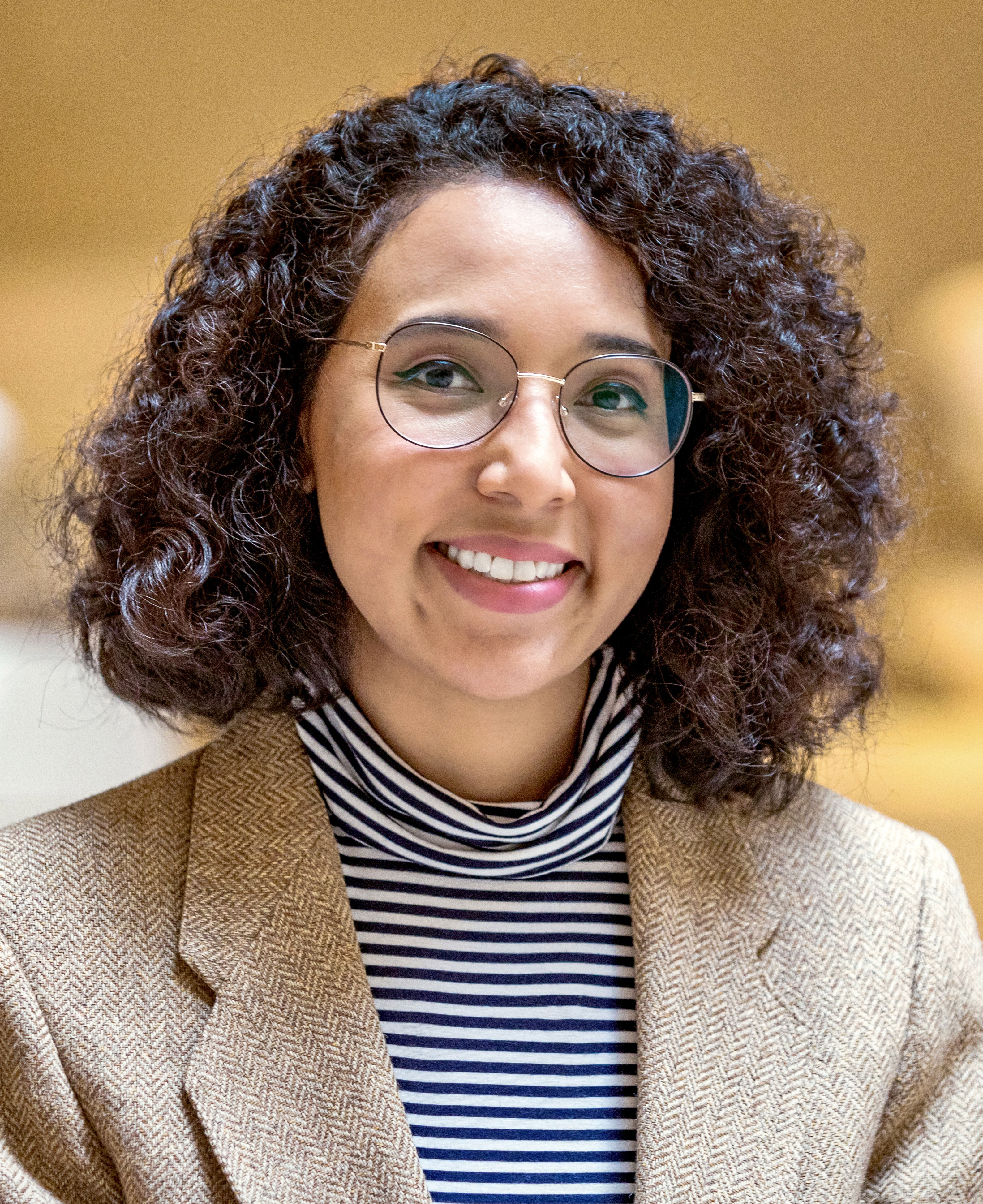Toledo CEDAW Women's History Month Spotlight: Janet Rhodes

Janet Rhodes is a multitalented professional with a rich background in visual arts, digitization, and archiving. After graduating from New York City’s School of Visual Arts in 2008, Janet embarked on an 8-year career at Food Network as the Network’s Staff Photographer and Photo Editor. Her passion for preserving cultural histories led her to the New York Public Library for the Performing Arts, marking the beginning of her impactful work in digitization.
In 2017, Janet relocated to Toledo, Ohio, taking on the role of Exhibitions Supervisor at the Toledo Museum of Art before transitioning to her current position as the Digitization Supervisor at the Toledo Lucas County Public Library. Janet's commitment to inclusivity and representation is evident in her efforts to expand the Library's Digital Collections. Focusing on the histories of local marginalized communities, she has led efforts to collect, digitally archive, and amplify resources on Toledo's Black, LGBTQIA+, Indigenous, Asian, and Disability communities, to name a few.
Last year, Janet was selected for Ohio's ILEAD program and joined a small but statewide team of librarians to research best practices for community archiving. In 2024, she and her team released the short film "Learning to Listen: Rethinking the Approach to Community Archiving," as a resource for reducing unintended harm in the practice of archiving and sharing the histories of underrepresented communities. Janet's unwavering dedication to creating a more equitable and just world resonates through her work, making her a dynamic advocate for inclusivity and ethics in archival practices.
In Her Own Words
What do you find most rewarding in your work on Diversity, Equity, and Inclusion?
Janet, the Digitalization Supervisor at the Toledo Lucas County Public Library, reflects on her role's profound significance in preserving and honoring the diverse narratives of human history. Her position serves as a crucial link, ensuring that the library's collections contribute to a more inclusive representation of our collective journey through time.